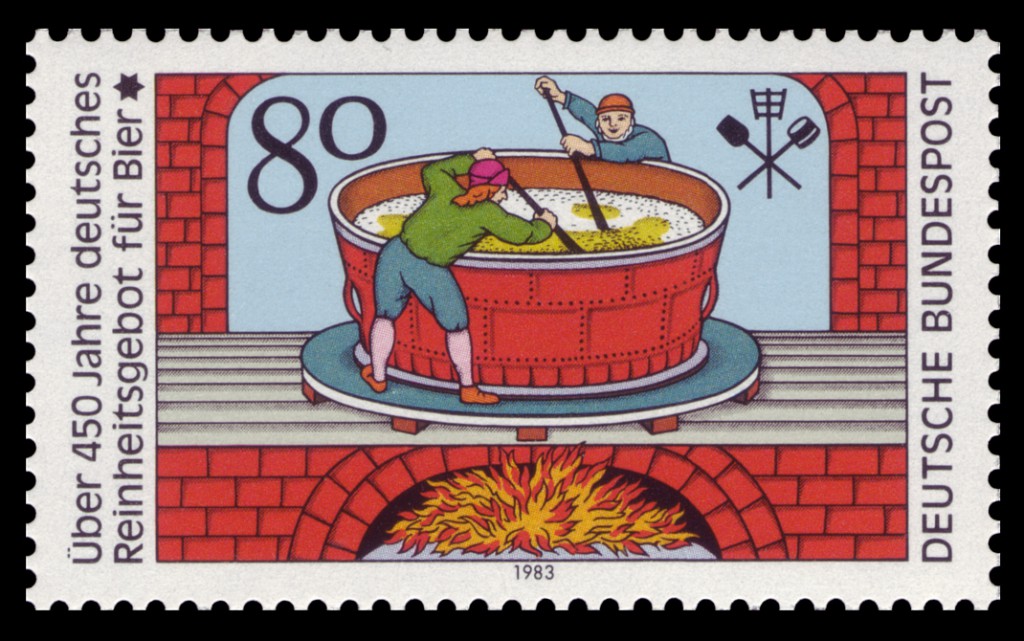In 2016, the German Reinheitsgebot (beer purity law) is being celebrated to be 500 years old. According to some official document from 1516, beer is only meant to be brewed from barley, hops, and water, and has been the only brewed like that since then in Bavaria, and later in all of Germany. Or so they tell us.

I, for one, am highly suspicious about this. My research into historic brewing, both in Germany and Bavaria, have shown me otherwise, that these are neither supported by documented historic brewing practice nor by the legal situation of that time.
The Reinheitsgebot’s lobbyists proponents is mainly Deutscher Brauer-Bund e.V. who have prepared a website with lots of information for the anniversary, including a list of Frequently Asked Questions, to inform the public about this supposed 500 year old tradition that only wants the best for all of us beer drinkers. Having sifted through that material, I stumbled upon imprecise language, which is corrected and/or justified in other places. I suspect that the Reinheitsgebot proponents exactly know about all these imprecisions and inconsistencies, and yet resort to them because they serve a purpose.
I find this highly problematic. I therefore decided that I will present my view on these matters in a “Frequently Questioned Answers” format, where I will point out and correct imprecisions and inconsistencies, all based on facts and backed by sources. In addition that, I will explain why I think the Reinheitsgebot, the official narrative around its history, and its practical implementation in the form of the current German beer-related legislation is not only unhelpful to German beer culture, but how it has also helped erase the rich historic Bavarian and German traditions that have gone beyond just barley, hops and water.
With this series, I plan to further and enrich the discussion about the state of German beer and the planned 500 year celebrations, and help the discourse about the future of German beer.

5 thoughts on “500 Years Reinheitsgebot? Let’s Discuss”